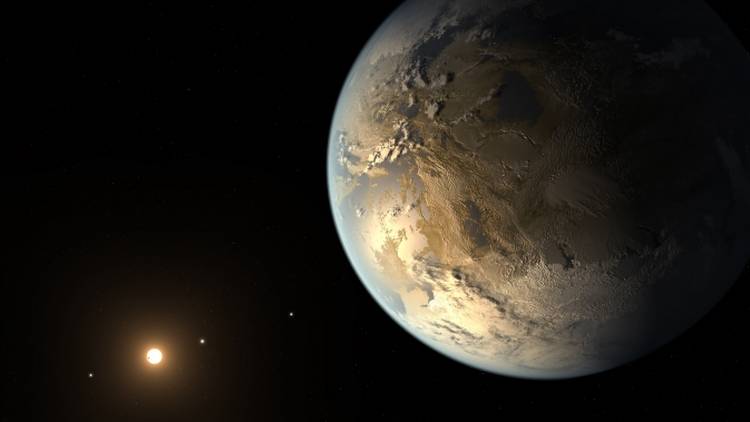The rotation of the Earth is slowing down and that’s no longer news. Since it was formed, 4.5 billion years ago, the movement has slowed down.
This implies that, in addition to progressively lengthening the days, the oxygen we breathe increases. What does this mean and what consequences can it bring.
Earth’s rotation is slowing down: since when
As indicated by Science Alert, although the slowing down of the rotation of the Earth is not perceptible on human time scales, it is enough to generate significant changes over eons (billions of years).
One of these changes is the lengthening of days, which is linked to the oxygenation of the Earth’s atmosphere, according to a 2021 study published by Nature Geoscience.
The blue-green algae (or cyanobacteria) that emerged and proliferated about 2.4 billion years ago may have been able to produce more oxygen as a metabolic byproduct due to the lengthening of Earth’s days.
“A recurring question in Earth sciences has been how the Earth’s atmosphere obtained oxygen and what factors controlled when this oxygenation occurred,” explained microbiologist Gregory Dick, from the University of Michigan, and a member of the research group.

Why is this happening
The specific reason why Earth’s rotation is slowing down is, as reflected by the Meteored media, that the Moon exerts a gravitational attraction on the planet.
This causes a rotational deceleration, as the Moon gradually moves away.
Thanks to the fossil record, it is known that days lasted only 18 hours 1.4 billion years ago, and half an hour less than today 70 million years ago. The evidence suggests that we are gaining 1.8 milliseconds per century.
The second component is what is known as the Great Oxidation Event, when cyanobacteria emerged in such large quantities that the atmosphere of Earth experienced a drastic and significant increase in oxygen.
Without this oxidation, scientists believe that life as we know it would not have emerged.

